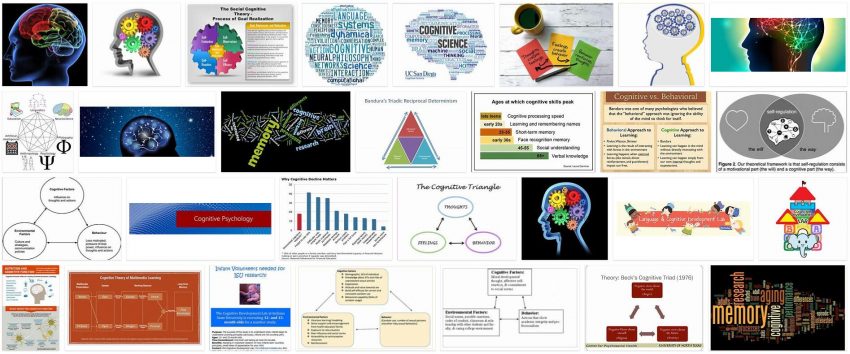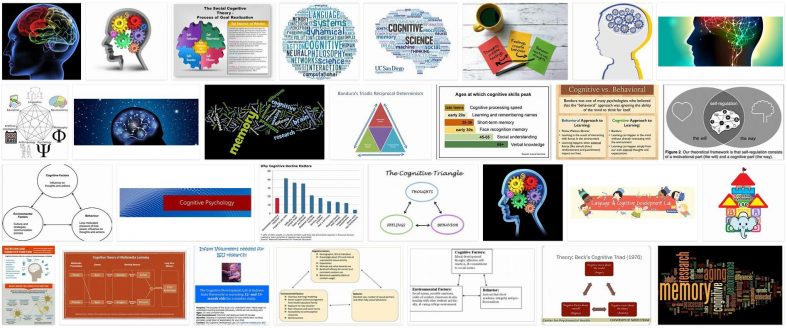Cognitive refers to the processes through which individuals are able to generate and assimilate knowledge. Cognitive is a word that derives from the Latin cognoscĕre and means “to know.”
In psychology the term cognitive is used to mention the human capacities that allow the development of knowledge through the senses, experiences, interpretations and associations that individuals make of the information they already possess.
Once knowledge is generated, people continue to associate various information, languages and intuitions that motivate them to constantly formulate new knowledge. It is an innate process that seeks to meet certain human needs.
Therefore, when talking about cognitive thinking, reference is made to the relationships and interpretations that individuals make about what they observe and perceive with respect to an object or experience, whose result generates a response.
This is possible because human beings combine in the thought process the greatest set of capacities that give rise to the process of knowledge development.
There are theories about how everything that relates to the cognitive proposed by various researchers, among which Jean Piaget and Lev Vygotsky, among others, should be analyzed and interpreted.
Cognitive development
Cognitive development is understood as the set of intellectual processes generated by the human will and ability to seek answers to various unknowns that limit the possibility of understanding the context that surrounds us.
Starting from Piaget’s research, cognitive development begins in childhood when children seek, in various ways, to understand and adapt to everything that surrounds them and that is unknown to them. This development occurs in four stages called:
Sensorimotor: occurs from birth to two years of age. At this stage the child develops his learning through the senses and the representations he makes in his memory of objects and situations.
Preoperational: covers the stage from two to seven years, when the child can already interpret certain symbols and reactions, begins to take into account their environment and develops language. The development of logical thoughts begins.
Operational concrete: it develops between seven and twelve years of age. It is mainly characterized by the ability of abstract and moral reasoning, through logic, in concrete situations.
Formal operational: covers from eleven to fifteen years of age. The individual initiates intellectual development through the senses, formulating concepts and solving problems. At this stage, human relationships increase and personal identity is formed.
Therefore, cognitive development is gradual in order to reach a mental balance that allows the complete development of the individual.
Cognitive Learning
Cognitive learning is the process through which information crosses the cognitive system of the individual, that is, reasons, processes the information and generates a response.
Cognitive learning experiences different emotions and employs various tools that favor cognitive development through which it generates new ways of understanding and analyzing new knowledge.

